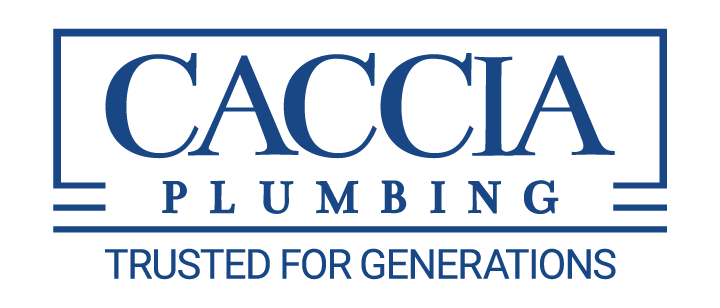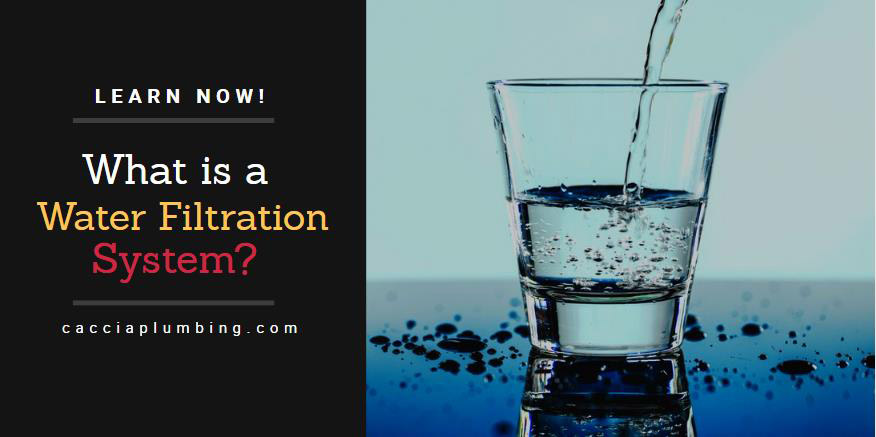Water filtration refers to the method where contaminants are removed from the water. It means eliminating all sediments and unwanted substances such as dangerous chemicals and contagions from our water. A filter improves the taste and smell and decreases the level of numerous chemical contaminants in drinking water, but you have to remember that no filter or combination of filters can even come close to eliminating all of the known toxins present in our water today.
A water filtration system will guarantee you that your drinking water is free from any harmful contaminants such as bacteria and heavy metals. A water filtration system is an efficient way to improve your water quality without using electricity or wasting water. Water filtration systems can be specialized to target a particular water issue such as high sediment, fluoride or chlorine taste and will lead to improved health.
A lot of water filtration systems use an activated carbon which inhibits any unwanted, microscopic toxins that would probably be entering into your drinking water. Because the majority of harmful water contaminants are carbon-based, water filters can be extremely effective in keeping your drinking water safe and healthy.
How do water filters work?
A water filter relies typically on reverse osmosis. It is a process which contaminated water will be forced to go through a fine filter. The filter enables the water to move through but guarantees that any contaminants are left behind.
Most of the people use water filter systems for a different reason, and there are dozens of advantages of filtering your water. Here are some other benefits of filtered water:
- Filtered water systems can eliminate any heavy metals, pesticides, mercury, lead, and arsenic which is in the water.
- Water filtration systems can lessen the amount of chlorine and other chemicals found in plain tap water.
- Water filtration systems produce better tasting and smelling drinking water because the filtration process can eliminate impurities and bacteria.
- Water filtration system gives you clean water without racking up a hefty bill from plastic water bottles.
Overall, drinking filtered water can help to protect your body from diseases and leads you to greater overall health. And water filtration does not only benefit drinking water. Filtered water can also be used for cooking, drinking, brushing teeth, bathing, and more. Using filtered water means there are healthy mineral deposits and a healthy pH in the water you ingest!
How often should I change the filter?
Water filters eliminate any harmful contaminants found in tap water. If your water is not properly filtered, you could end up drinking unsafe bacteria and chemicals.
These filters collect all of the extra gunk and particles that are not supposed to be there. It draws out contaminants, leaving behind healthy and unpolluted water. You need to change it often because it can get clogged up the filter, making it less efficient with each use.
The filter should be replaced typically every 3 to 6 months. Other signs that indicate that the filter may need changing would be, when you see that the water flow is slowing down or the color becomes darker.
Types of Water Filters
Ion Exchange
Ion Exchange filter is remarkably one of the best filters for softening water. They can take hard water and make it more digestible by taking limescale. This filter is designed to split apart atoms of contaminating substances to produce ions, then traps those ions and delivers less good ions.
These types of filters use zeolite beads that include sodium ions. These beads act as filters and trap all the incoming contaminants and replace them with sodium ions that turns your water to taste softer and much more pleasant.
Activated Carbon
Activated carbon filters are one of the most common household water filters. It uses activated carbon granules that pull and confine chemical impurities through an absorption process.
These activated carbon granules are based on charcoal and are very porous forms of the carbon that is produced by burning wood with a lowered supply of oxygen.
Keep in mind that carbon filters differ hugely in terms of their effectiveness. Some eliminate chlorine and enhance taste and odor. Some remove contaminants including asbestos, lead, mercury, and volatile organic compounds, or VOCs. But, activated carbon does not eliminate common inorganic pollutants such as arsenic, fluoride, hexavalent chromium, nitrate, and perchlorate.
Also, this type of filter is not ideal for dealing with hardness like limescale heavy metals, nitrates, fluorine, microbes, and sodium.
Reverse Osmosis
The process of reverse osmosis involves forcing contaminated water to pass through a membrane at a certain pressure, allowing water to pass through, but the contaminants in the water are left behind.
Essentially, you are making the water go against its natural inclination, to force the contaminants out of a water supply. Unfiltered water is pumped in through a plastic membrane and clean water passes through the membrane at pressure, and that semipermeable filter or membrane will separate out the contaminants in the water.
Also, consumers should recognize that reverse osmosis systems waste a lot of water – they regularly use three to 20 times more water than they produce. This is why EWG recommends that they are used for drinking and cooking water only.
Distillation
This is one of the easiest ways to purify water. Distillation includes boiling of the water but then taking things a step further to guarantee purity. First, you boil water to produce steam. Then you capture the steam from the boiling water and store it in a different container. This method should not only remove bacteria, but because water boils at a much lower temperature than harmful substances like toxic heavy metals, these will stay back as the steam separates and boils off, leaving you with clean water.
Ready to enjoy improved water quality for cooking, cleaning, drinking, and more? Call James Caccia Plumbing Inc. at (650) 342-5363 to set up an appointment with our team. We guarantee quality water filtration installation that will work seamlessly with your existing water lines.

